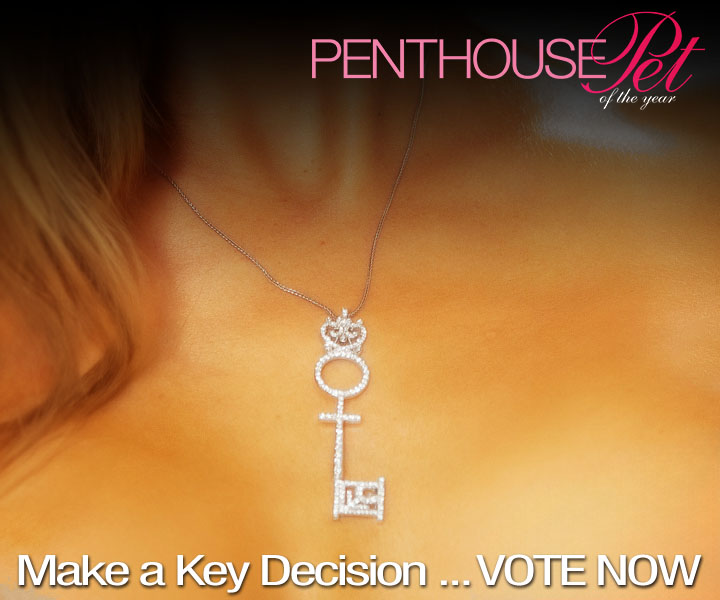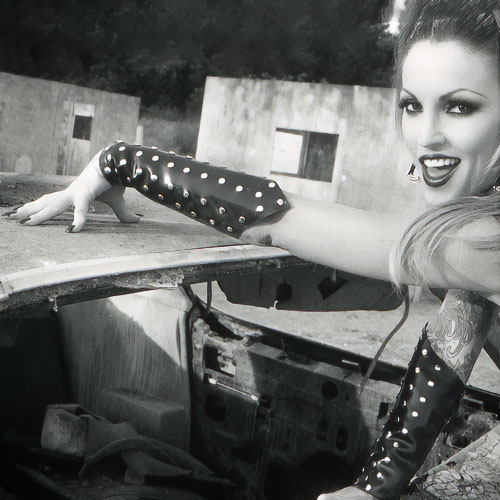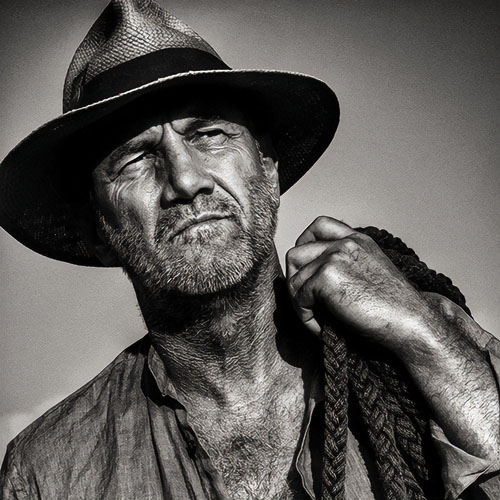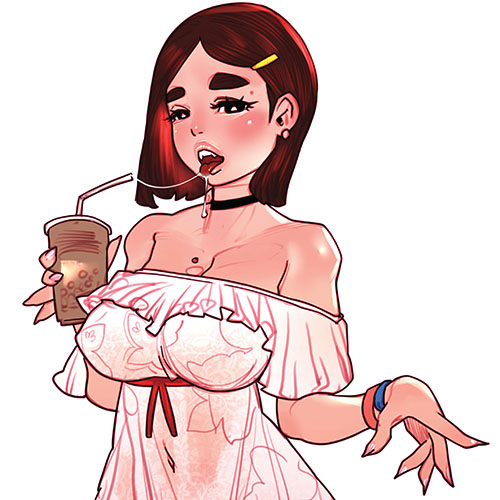I will always remember my first meeting with Bob Guccione.
I was representing Penthouse in various First Amendment cases, and he invited me to meet him for dinner at his mansion in Midtown Manhattan. I didn’t know what to expect, having read accounts of Hugh Hefner’s Playboy Mansion in Los Angeles. I anticipated a raunchy environment, with Penthouse Pets and pinup art. I was not looking forward to the evening.
I rang the mansion’s bell. The door opened automatically and I entered. Suddenly two enormous Rhodesian Ridgeback dogs — the size and color of small lions — stood face to face with me. From the top of the stairs came instructions: “If you don’t seem nervous, they won’t attack you.”
Not an easy instruction to follow. I stood there smiling, trying to relax as the dogs stared me down. Finally Bob came down the stairs and called them off. He then told me that these dogs were capable of killing lions and were used in Africa as part of hunting parties. He also told me that a Ridgeback had eaten another dog in Central Park. That did not make me less nervous.
Once the dogs were safely ensconced in another room, Bob showed me around the house. It was exquisitely decorated with Italian marble and other imported elements. On the walls hung the finest collection of early twentieth-century art I had ever seen in a private home: Modiglianis, Picassos, Légers, and many other great modern artists. He also had works by Italian Renaissance painters. Finally there were his own paintings, some of which had been exhibited in museums.
I did not see a single Penthouse Pet. The other dinner guests were distinguished academics, lawyers, and intellectuals. It was the furthest thing from the Playboy Mansion that I could imagine. The conversation ranged widely from art to politics to constitutional law. The only references to Penthouse related to freedom of expression and efforts to censor sexually explicit material.
Not only did I represent Penthouse for many years, I also wrote a monthly column focused on freedom of expression and other justice issues. Bob took an active role in suggesting subjects for my column.
Guccione used penthouse to express his sometimes controversial views regarding sex, politics, men’s health, and other issues. He lived life in full and had an impact on the world.
Bob Guccione was a serious man who surrounded himself with other serious people. He used Penthouse to express his sometimes controversial views regarding sex, politics, men’s health, and other issues. Again, he lived life in full and had an impact on the world.
Bob’s public persona was quite different from the Bob I knew. In public he wore a gold pendant in the shape of a penis. I asked him why, since I believed it undercut his image as a serious person. He replied it was important not to hide sexuality and to make it part of daily conversation. We quarreled sometimes about how far he was willing to take Penthouse in its explicitness. But I defended his right to do so.
Toward the end of his life, he suffered greatly from a cancer that made it difficult for him to speak. He didn’t allow his illness to slow him down, and he continued to publish his magazine and to engage in serious intellectual conversations with friends and professional colleagues.
I was much criticized for my representation of, and friendship with, Bob Guccione. I am proud of our friendship. I am glad that he was part of my life, and I know that he was pleased I was part of his. I don’t like all of my clients and I rarely socialize with them. I liked Bob very much, though I didn’t approve of everything that he did.
His life ended too early and too tragically, with illness and bankruptcy. I saw the pain he went through when he had to sell his beloved art collection. He was a real connoisseur of art, and parting with his Modiglianis and Picassos was painful. When his creditors insisted he also sell his own paintings, he drew the line, refusing. Ultimately they relented and allowed him to keep several of his most important works. But they didn’t relent when it came to his home. He had to sell the beautiful mansion he had designed and built himself. Bob Guccione helped change our attitude toward nudity, sexuality, and the reach of the First Amendment. That was the public Guccione. The private Bob was a real mensch.






















